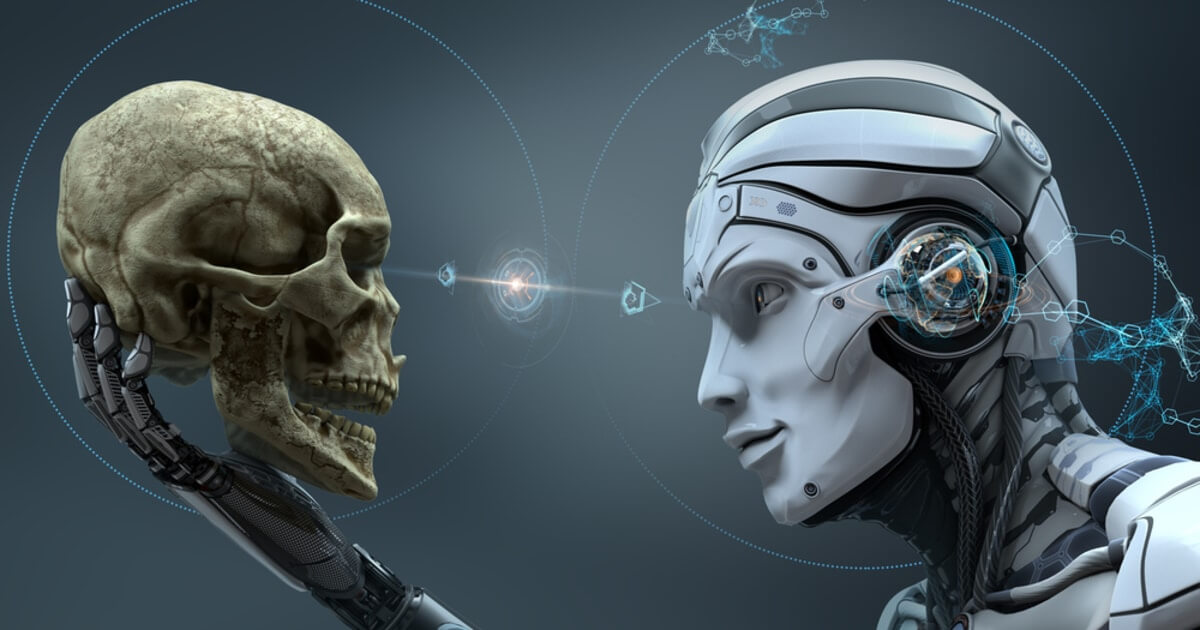Transition scenario to artificial general intelligence (AGI)

A recent research paper by Anton Korinek and Donghyun Seo explores different scenarios for the transition to artificial general intelligence (AGI). This paper analyzes the impact of technological progress on output and wages, considering the possibility of full automation and its impact on the labor market. The authors discuss the competition between automation and capital accumulation, its impact on wage dynamics, and the potential for widespread productivity gains. This study provides valuable insights into the economic consequences of AGI development.
The transition to artificial general intelligence (AGI) has been a topic of great interest and speculation in recent years. Many researchers and industry leaders believe that AGI, meaning AI systems that can perform any task at a human level, will soon become a reality. Economists Anton Korinek and Dong-Hyeon Seo explore the economic implications of AGI development in a research paper titled “Scenarios for the transition to AGI.”
The paper begins by examining the relationship between technological progress, output, and wages. The authors propose a framework that decomposes human tasks into atomic tasks with varying levels of complexity. They claim to be progressing. technology It enables the automation of increasingly complex tasks and could potentially lead to the automation of all tasks with the advent of AGI.
One of the important aspects analyzed in this paper is the competition between automation and capital accumulation. If automation progresses slowly, there will always be enough work for humans to do, and wages may continue to rise. But it limits the complexity of tasks that humans can perform, and full automation could lead to a collapse in wages. The authors also consider the possibility that wages will fall before full automation occurs if large-scale automation outpaces capital accumulation and leads to a labor oversupply.
This study suggests that automation of increased productivity could have far-reaching benefits in terms of revenue for all factors of production. On the other hand, growth bottlenecks caused by rare and unreproducible factors can exacerbate wage declines. The authors emphasize the importance of understanding the distribution of tasks in complexity space and its impact on economic outcomes.
This paper provides valuable insights into the potential consequences of AGI development, while also acknowledging the uncertainty surrounding the transition. The authors emphasize that the distribution of tasks in the complexity space plays an important role in determining economic outcomes. They consider both infinite and bounded distributions, the latter reflecting the finite computational power of the human brain.
Overall, Korinek and Suh’s research contributes to the ongoing debate about the future of work in the era of AI and automation. By analyzing different scenarios for the transition to AGI, the paper highlights the possible impacts on output, wages and human well-being. It serves as a valuable resource for policymakers, researchers, and industry leaders seeking to understand the economic impacts of AGI developments.
Image source: Shutterstock



